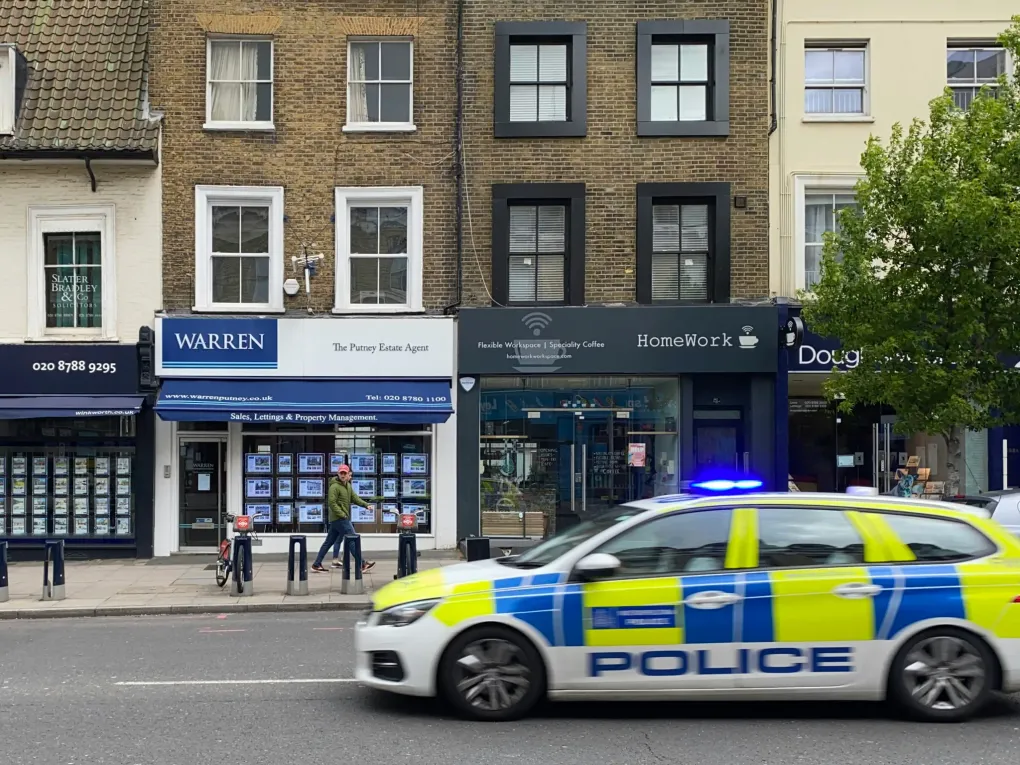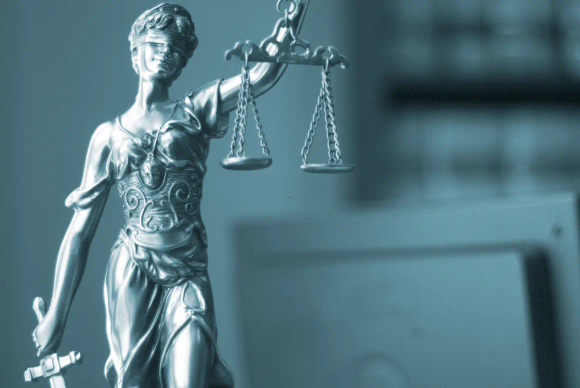Below are some of the most commonly asked questions we get when it comes to handling stolen goods. If you have a question that hasn’t been answered below then contact our team directly.
What does “handling stolen goods” mean?
“Handling stolen goods” is an offence under Section 22 of the Theft Act 1968. It occurs when someone, knowing or believing that goods are stolen, dishonestly receives them, or assists in their retention, removal, disposal, or realisation for another person’s benefit.
The key elements are:
- The goods must already be stolen.
- The person must handle them in one of the listed ways.
- The person must know or believe they are stolen.
- The act must be dishonest in law.
Because this offence concerns items after a theft has taken place, it is treated separately from the act of theft itself.
Is handling stolen goods the same as theft?
No. Theft and handling stolen goods are separate offences. Theft involves dishonestly taking someone else’s property with the intention of keeping it. Handling stolen goods occurs after the theft, when a person receives, stores, sells, or helps to dispose of property they know or believe to be stolen.
Sometimes, prosecutors may charge both offences if they are unsure whether the accused took the property or handled it afterwards. This distinction is important, as it affects how the case is defended in court.
What is the sentence for handling stolen goods?
The maximum penalty for handling stolen goods is 14 years’ imprisonment, showing how seriously the law treats the offence. The sentence you receive depends on several factors, including the value of the goods, your role in the offence, and any aggravating or mitigating circumstances.
Minor or one-off offences may lead to a community order, fine, or suspended sentence, while organised or high-value cases can result in custody of several years. Courts follow Sentencing Council guidelines, taking into account both the harm caused and the offender’s level of culpability.
Can I go to prison for a first offence?
Yes, but not always. While imprisonment is possible, many first-time offenders avoid custody - especially where the goods are of low value, the role was minor, or there is genuine remorse. Courts consider personal circumstances, cooperation, and early pleas when deciding sentence.An early guilty plea can reduce the sentence by up to one-third. Where appropriate, the court may instead impose a community order or suspended sentence, particularly if you have no previous convictions. However, organised or repeated offending can still lead to immediate custody even for a first offence.
How do the police prove I knew the goods were stolen?
To convict you, the prosecution must prove beyond reasonable doubt that you knew or believed the goods were stolen. This belief must be more than suspicion.
Police and prosecutors may rely on:
- Possession of items soon after a known theft.
- Unusually low prices or suspicious transactions.
- Messages, admissions, or links to known offenders.
- Forensic evidence, CCTV, or witness testimony.
Defence solicitors challenge weak or unreliable evidence, examine whether searches were lawful, and identify gaps in the chain of custody to show there is reasonable doubt.
What if I bought them online or second-hand?
Buying something second-hand or online does not automatically make you guilty of handling stolen goods. The key question is whether you knew or believed the item was stolen at the time of purchase.
Warning signs might include unusually low prices, vague explanations about the item’s origin, or lack of receipts or ownership proof. If you genuinely believed the sale was legitimate, this may form part of your defence. Keeping records of your purchase and communication with the seller can be crucial evidence in your favour.
Can the charge be dropped before court?
Yes, it can. The Crown Prosecution Service (CPS) may drop a charge if there is not enough evidence or if prosecution is not in the public interest. Early involvement from an experienced solicitor gives the best chance of identifying weaknesses in the evidence.
If the investigation was poorly conducted, the chain of custody is unclear, or your rights under PACE were breached, a solicitor can challenge the case before trial. Even after charge, your legal team may negotiate for the case to be reduced or discontinued.
How can a Solicitor help defend me against Handling Stolen Goods charges?
At MMA Law, we specialise in defending clients accused of handling stolen goods and other theft-related offences. Our team provides:
- Immediate 24/7 representation during police interviews.
- Detailed evidence review, including forensic and witness analysis.
- Challenges to unlawful searches or flawed procedures.
- Mitigation strategies to reduce sentences where guilt is admitted.
- Skilled negotiation with the CPS to seek reduced or dropped charges.
We understand how distressing these allegations are. Our goal is to protect your rights, minimise penalties, and achieve the best possible outcome through expert legal defence.





